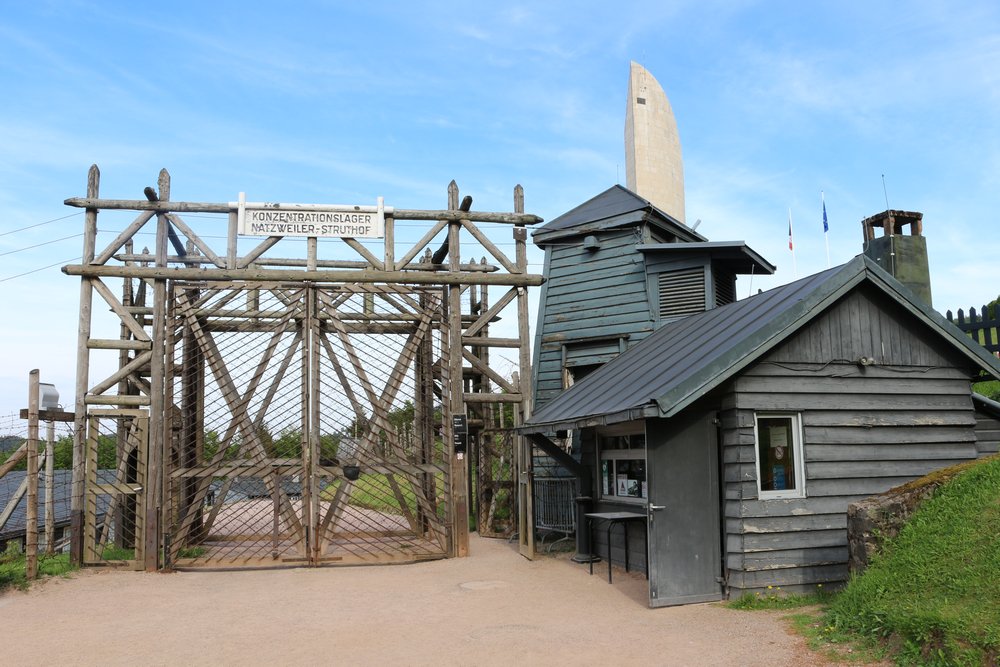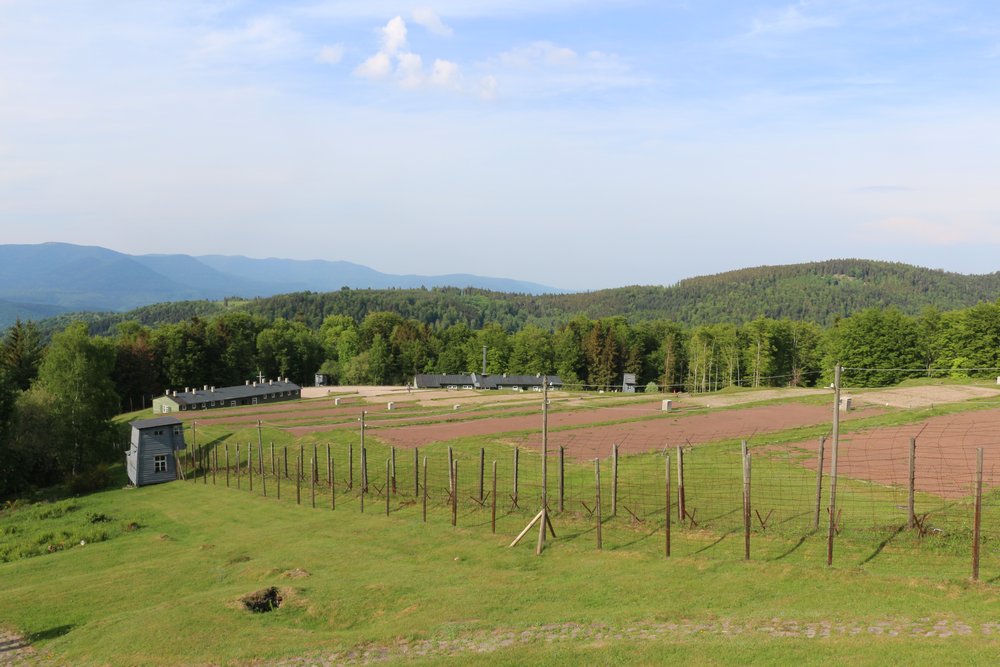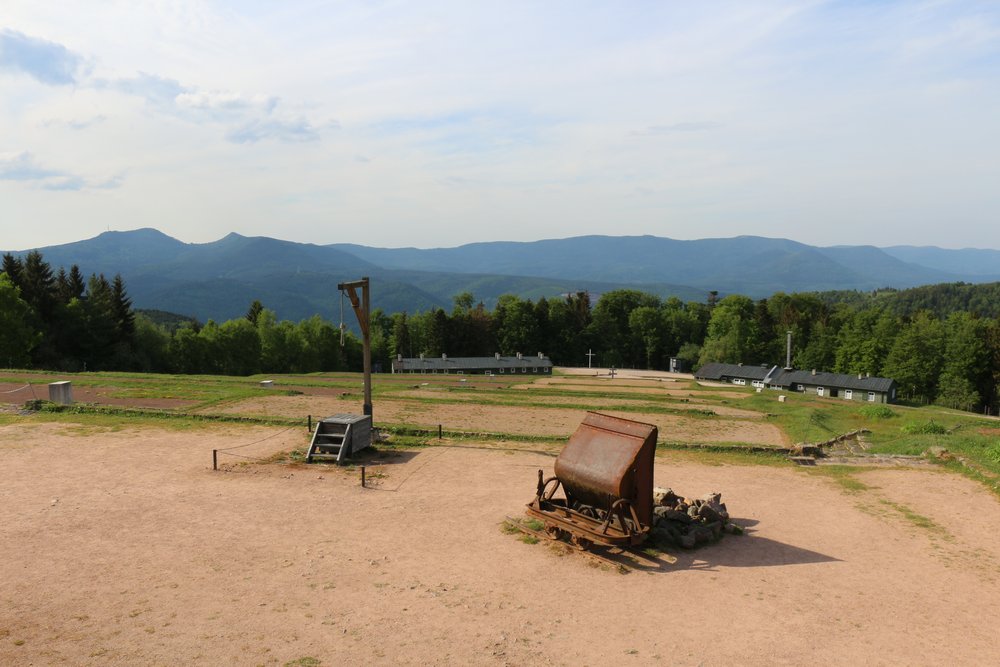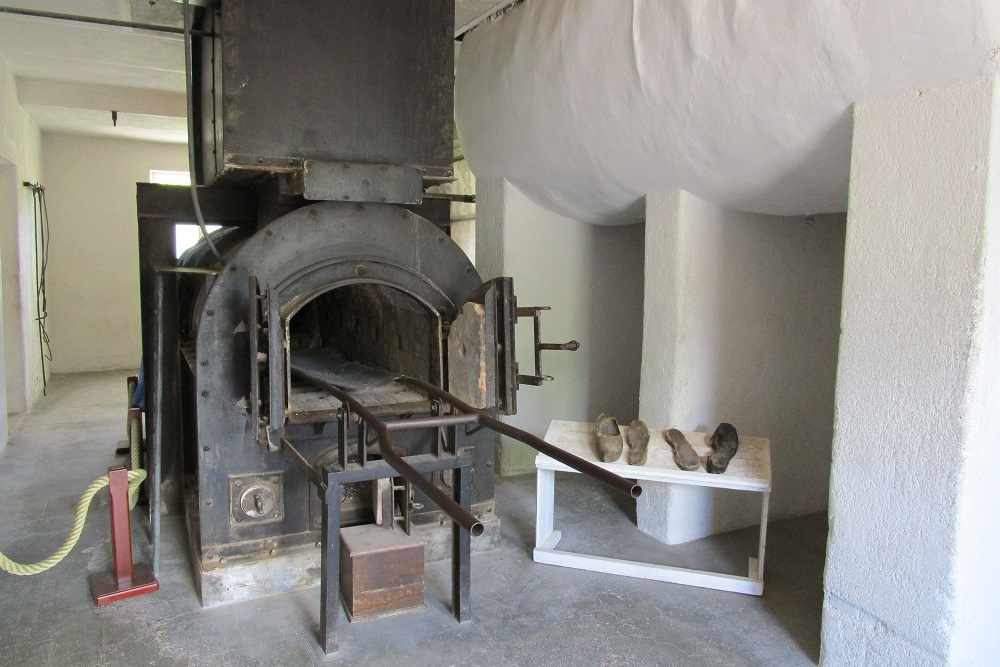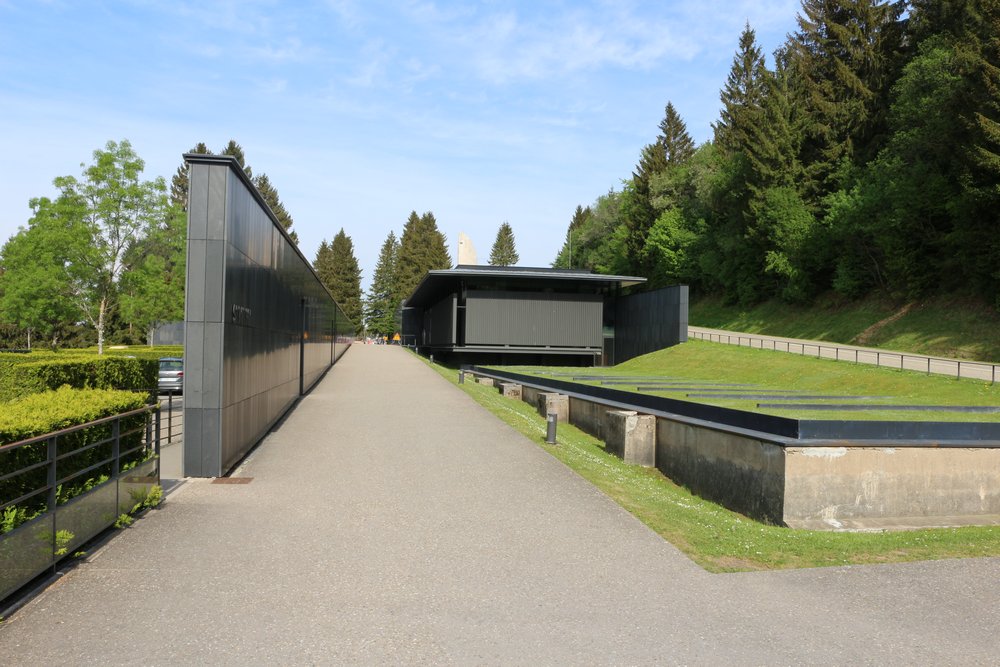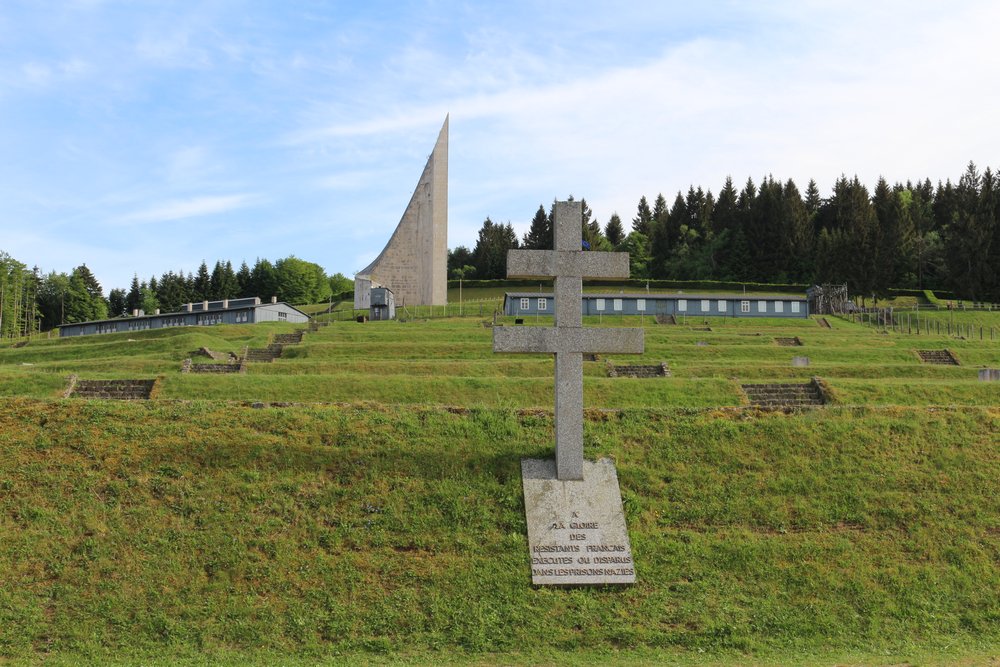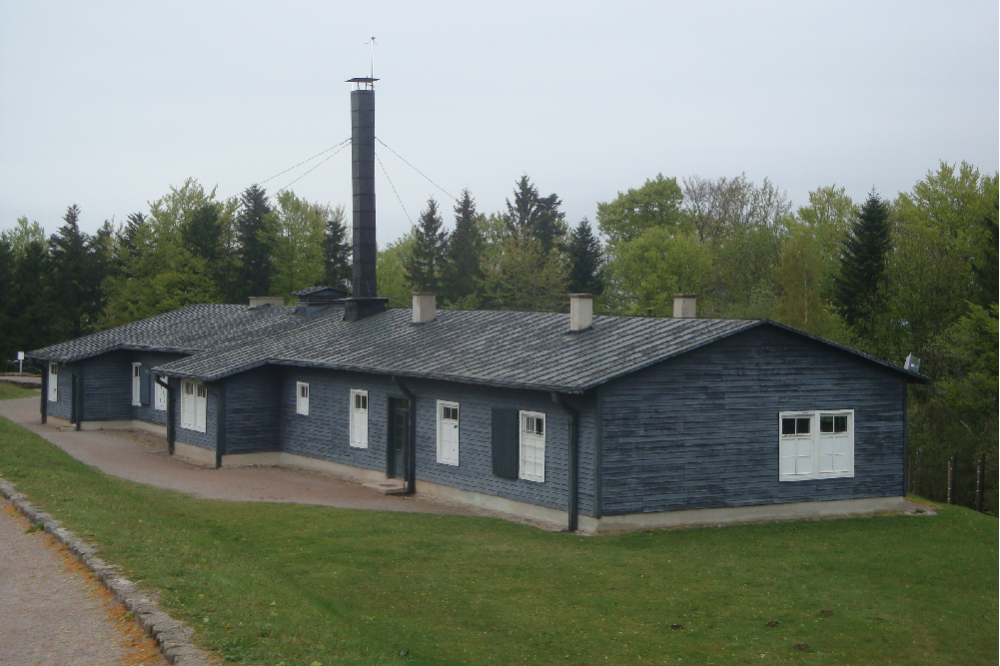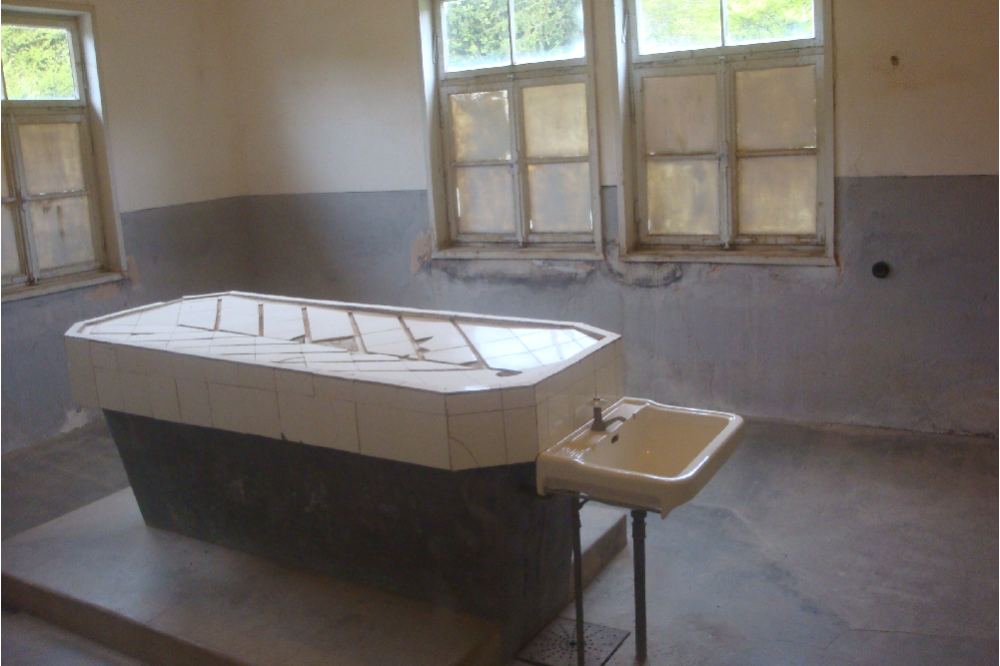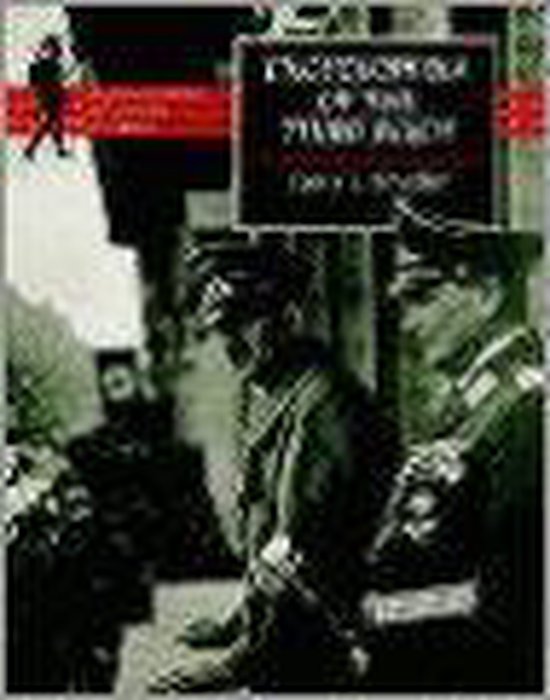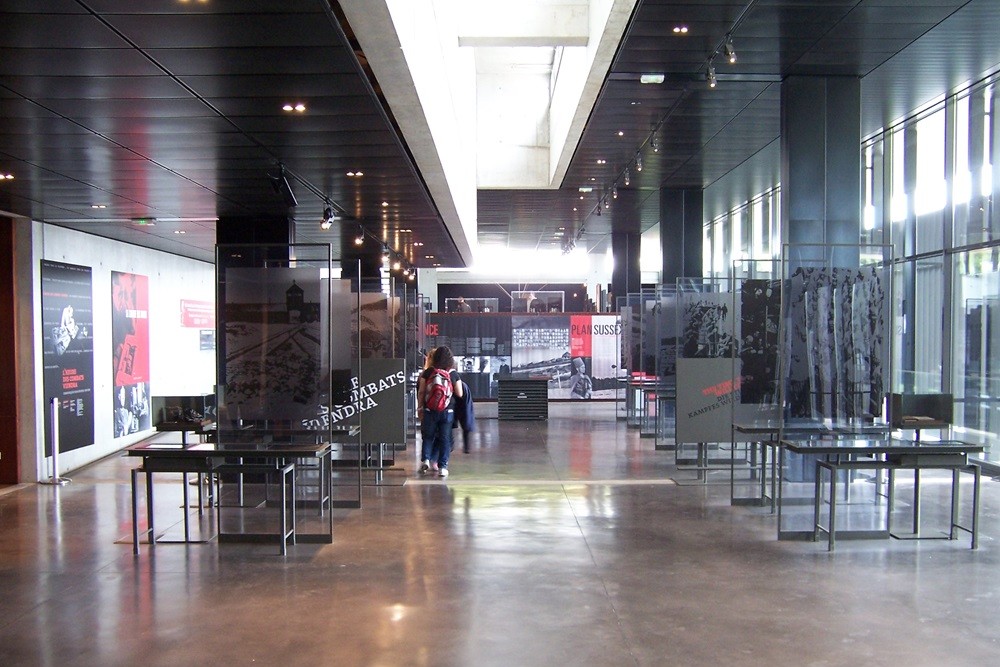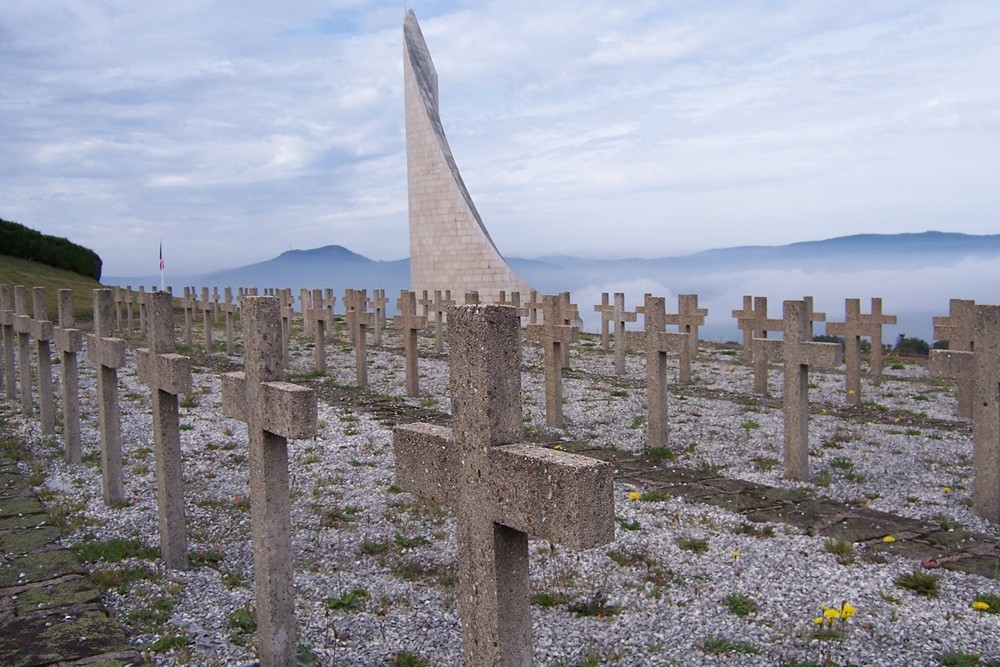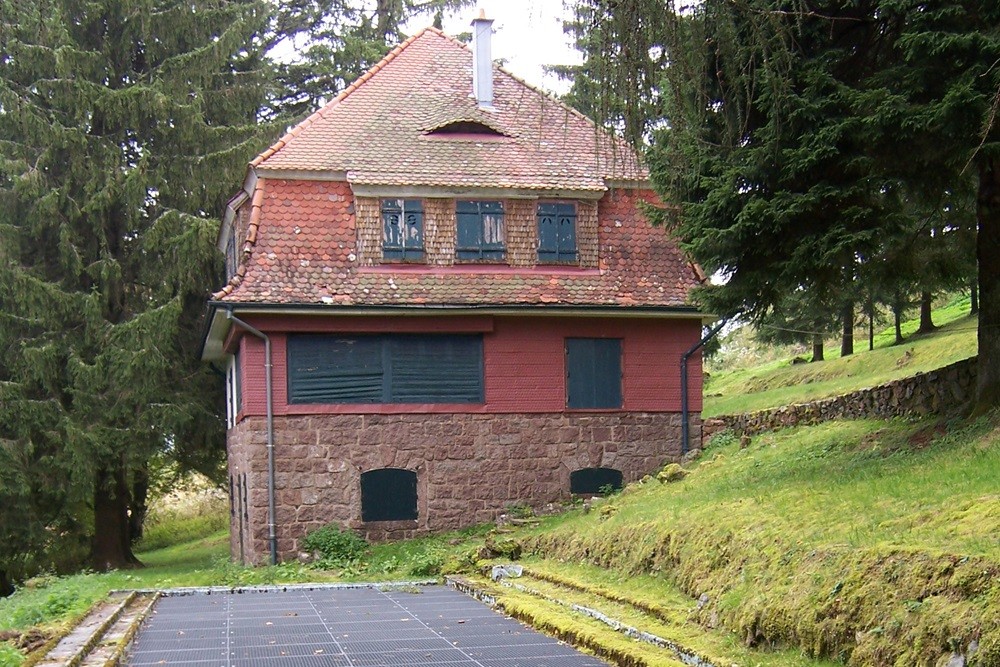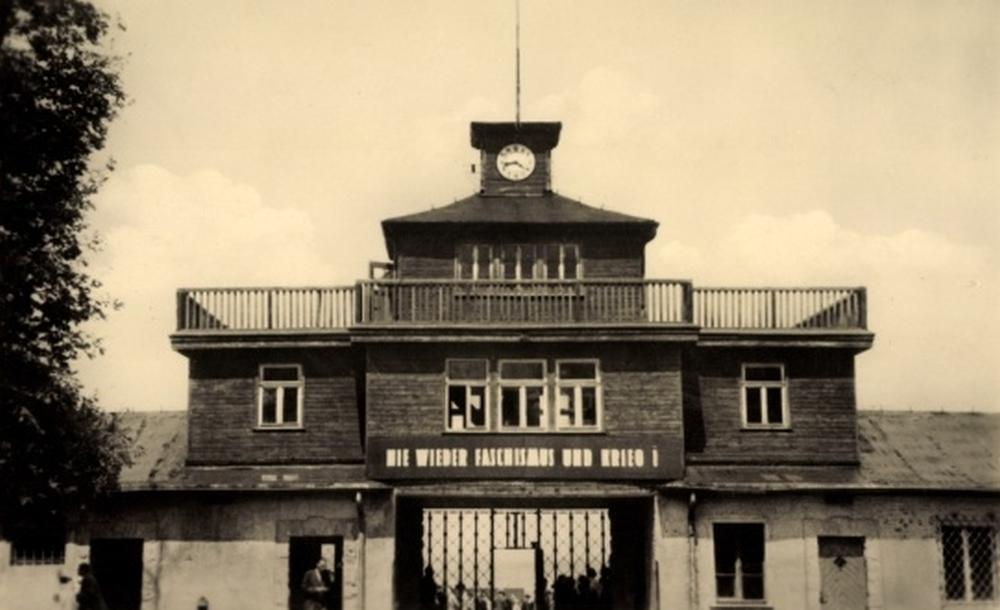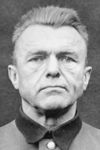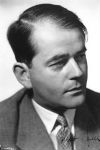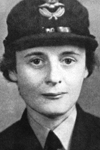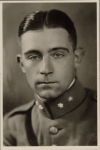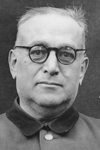Concentration Camp Natzweiler-Struthof
Introduction:
The village of Natzwiller is located in the northeast of France in the Alsace. Next to the village the Germans built the former concentration camp Natzweiler-Struthof. It was the only camp set up by the Germans on present-day French territory during World War II. The Nazi’s set up the camp in May 1941 due to the presence of the stone-quarry. The stones were used by the Germans for the construction of new roads, but especially for decorating the new capital Germania. It was hard and unhealthy work in addition to the daily serious abuse, dog bites, hunger or executions.
Nevertheless, the cold would become the worst enemy for the prisoners. The wind had free rein at the camp site and there could still be snow in May. Because the camp was situated at 800 meters high in the middle of the woods far away from civilization, it also gave the prisoners a very deserted feeling.
Natzweiler was not an extermination camp where the prisoners were systematically gassed after selection. It would be categorized by the Nazis as a so-called Nacht und Nebel camp. This meant that every SS soldier was allowed to use unsolicited force and none of the prisoners had any right to medical care. Nor were obituaries sent home, which was the prescription for other inmates. The deceased simply disappeared.
Medical Experiments:
A total of 18 barracks were to be built, including a crematorium, a gas chamber, a kitchen unit and a prison where, among other things, medical experiments were carried out. The main camp would have a large number of side camps and remain active until the Allies approached the camp in September 1944. The SS would then evacuate the camp, which robbed the hope of a speedy liberation. Most of the prisoners were transported east. During the war years, approximately 50,000 prisoners stayed in the main and sub-camps, about half of whom would die. About 600 Dutch resistance fighters and England sailors were among them. Half of this group did not survive the camp.
Memorial to Natzweiler-Struthof:
The former concentration camp can now be visited. From afar you can already see the immense memorial sign rising above the forest. Once you have passed the wooden gate you have a good panoramic view of the site of the former Nacht-und-Nebel camp.
Barbed wire fence, watchtowers and a number of reconstructed barracks built on different plateaus give you an idea of what it looked like here during the war. A gallow has been put back on the former main square. The crematorium can be visited on one of the lower plateaus. The oven is still there. In the other barracks there are information panels and often exhibitions are shown. Outside the camp there is a memorial point where the ash mountain once was and where the camp site merges into the surrounding forest.
For current visiting hours, please visit the website of the museum.
Do you have more information about this location? Inform us!
Source
- Text: Cheapskatetravel.nl
- Photos: Lennard Bolijn (1, 2, 3, 5, 6), Dick de Bruijne (4), Cheapskatetravel.nl (7, 8)
- struthof.fr
Related books
Nearby
Museum
Point of interest
- House Kommandantur Natzweiler-Struthof Concentration Camp - Natzwiller
- Road construction roller - Natzwiller
- Gas Chamber Concentration Camp Natzweiler-Struthof - Natzwiller
Monument
- Eternal Flame Natzweiler-Struthof - Natzwiller
- National Memorial Deportation - Natzwiller
- Memorial Stone executions - Natzwiller
